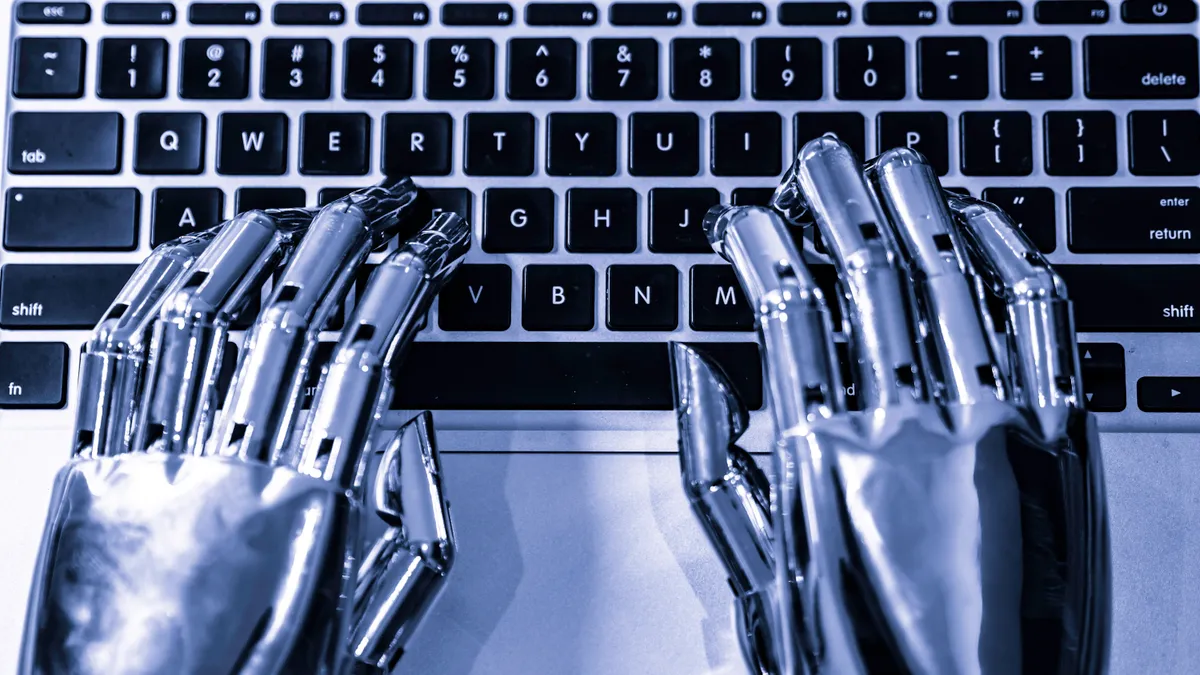AI’s intersection with work is an increasingly hot topic. But beyond intellectual property concerns, what does the integration of AI into the workplace mean for employers?
At the top of 2023, U.S. Equal Employment Opportunity Commission leadership announced the agency was looking into ways to help employers “enjoy the benefits of new technology” while fulfilling its mission of protecting workers’ civil rights. The head of the agency reaffirmed to the STEM professionals, employment law attorneys, civil rights advocates and the like gathered for the January 31 hearing that the EEOC has its concerns about ways AI can replicate systems of oppression through talent cycles. And prior to that hearing, a Justice Department spokesperson said her agency, along with the EEOC, was “sounding the alarm” on AI and machine learning; mainly, they noted ways the tech’s use could violate the rights of workers covered by the Americans with Disabilities Act.
A continual proving ground for talent acquisition best practices — leading the pack on salary range transparency, trials and tribulations — is New York City. Last year, city legislators passed a bill to restrict AI in talent acquisition for the same reason drawing EEOC concern: bias.
In turn, leadership at tech job recruiting platform Dice.com reached a March 2023 agreement with the agency to use AI specifically for rooting out bias.
As AI continues to be a part of “future of work” conversations, it’s safe to say new ethical challenges, compliance conundrums and diverse hiring setbacks will continue to arise. Here’s everything HR pros should know about AI at work — so far.













